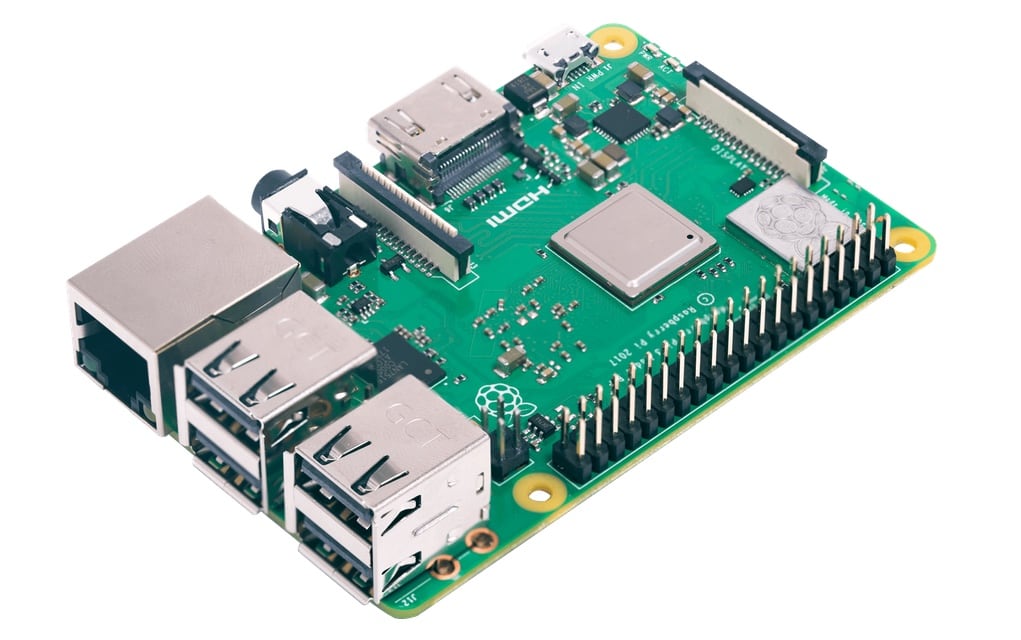

However, it’s important to remember that just because something is homebrew doesn’t mean it’s free or legal to download without purchasing. For example, Little Sound DJ was released in 2001 to help musicians create chiptune music using original GameBoys (for more examples of modern GameBoy tech, check out our official list of GameBoy mods). Most of these ROMs were created recently, long after the prime of the respective console. ROMs are created by individuals or small teams.

These ROMs can be downloaded for personal use. ROMs are legally available to the public. I re-installed -> transferred ROMs via LAN -> System crashed -> reboot not possible 3. The businesses or people responsible for the copyright are either unavailable or no longer pursuing their licensing rights. I started transfer ROMs via Wlan -> System crashed -> reboot not possible 2. Includes content in a sort of legal "gray area". While you can also find ROMs in a RetroPie ROMs pack on any torrent site, you should not download any copyrighted titles as this may be illegal. It's best to research applicable legal regulations before pursuing any of these titles. Some countries allow citizens to maintain a backup copy of games or titles they already own. In many countries, downloading these ROMs is considered a crime. ROMs are owned and licensed by existing businesses or people. The most common types of ROMs include copyrighted, abandonware, public domain, and homebrew. Lakka itself installed fine, but when i put a usb with ROMS in it isnt picking up 90 of the ROMs - theyre all SNES smc files. Not only do they vary between consoles, but they often fall into different legal territories. RetroPie ROMs come in many different file formats and varieties. In this video, I show you how to Install and Set Up Lakka on the Raspberry Pi 2 3 3b+ TInkerboad XU4 or any other supported SBC.


 0 kommentar(er)
0 kommentar(er)
